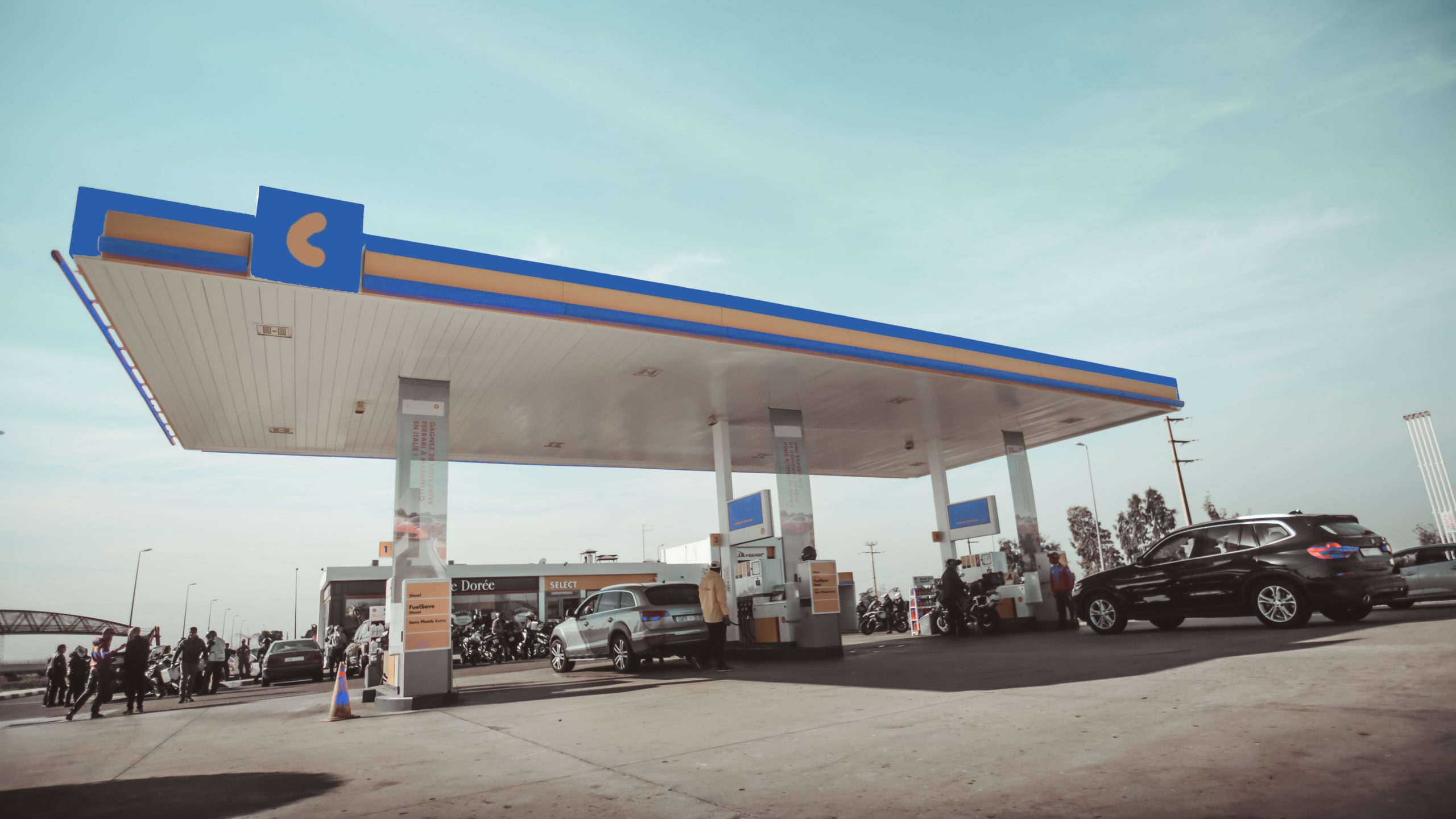Los Angeles will possibly be among the few cities in the world to outlaw the construction of new gas stations if a proposed policy change is approved by the City Council. Since Los Angeles is arguably the virtue-signaling capital of the world, it’s hard to imagine that it won’t happen.
But whether banning new stations is necessary or even helpful not is another question altogether.
An aide to Councilman Paul Koretz, who’s driving the idea, said “we’re keen on getting it done before the end of this year.” And for all the usual reasons California policymakers are eager to eliminate fossil fuel use, there’s little doubt they will, joining Petaluma and a few other jurisdictions that have said “no” to new gas stations.
“Our daily bad habits are destroying the natural systems we depend on to exist. It’s really up to cities to turn around climate change,” says Koretz staffer Andy Shrader. “If you have lung cancer you stop smoking. If your planet is on fire, you stop throwing gasoline on it.”
According to Grist, a left-leaning online magazine that focuses on “Climate. Justice. Solutions,” “proponents of the policy say that the destructive wildfires, killer heat waves, and heavy flooding that have hit the U.S. recently, fueled by climate change, are a sign that it’s time to stop expanding fossil fuel infrastructure. They also point out that gas stations can cause lasting health effects, releasing benzene – a known carcinogen – and contaminating the air, water, and soil.”
The expectations are – dare we say it? – sky high. The reality, however, will not be a match.
Despite all the routine, and by now tired, justifications for using the power of government to force a politically motivated outcome, blocking new stations will have none of the desired impact. Should the entirety of California, not just its largest city, shut down all its carbon-burning activities tomorrow, or next week, or next year, the climate will not notice. The entire state produces a mere 1% of global greenhouse gas emissions, which are supposedly, but not in fact, cooking our planet.
As for benzene, it’s a nasty chemical but it’s also one of many pollutants that has been falling for decades in California.
Further hollowing out the effort is the possibility that a ban would not stop a single station from being built.
“Gas stations are pretty well built out,” says transportation website Jalopnik, “especially in LA County, which counted over 600 in 2020. At the same time, gas stations have largely declined in numbers over the last two decades, and only large corporations with more than 200 locations and convenience stores are broadening their footprint.”
And with the state – actually, make that Gov. Gavin Newsom – banning the sale of new gasoline-powered automobiles by 2035, who’s going to want to add stations anyway? Seems like a poor investment. Unless demand for gasoline increases over the next decade or so to the point that 600 stations isn’t enough.
But again, no one will want to put out the capital when the political powers in the state have established what amounts to a slow sunset on gas stations by requiring Californians to buy electric cars. Consequently, the options for buying gasoline would become limited, which will raise prices. The losers under this scenario will be those who can least afford to pay more for gasoline to get to their jobs.
So why is the Los Angeles City Council even considering a ban? Go back to the first paragraph. The answer is right there.
Kerry Jackson is a fellow with the Center for California Reform at the Pacific Research Institute.

